In Hinduism, the elemental forces that shape the universe are revered as divine manifestations, with each representing a crucial aspect of existence. Among these, Agni Dev, the God of Fire, occupies a central role. More than just the physical element of fire, Agni is regarded as the divine messenger who bridges the gap between humans and gods, channelling prayers and sacrifices to the heavens. Agni symbolizes purification, transformation, and the eternal flame of knowledge that burns away ignorance and reveals the truth. Worshipped since the Vedic period, Agni is integral to many sacred rituals in Hinduism, where his presence in the form of fire sanctifies offerings and prayers.
In this article, we delve into the significance of Agni Dev, his role in Vedic worship, and the spiritual practices associated with honouring him. Through these rituals, devotees seek his blessings for purification, prosperity, and spiritual growth.
Who is Agni Dev?
Agni Dev, also known as the God of Fire, is one of the most prominent deities in Hinduism, particularly in the Vedic tradition. His role is not limited to the elemental fire but encompasses the transformative and purifying power that fire symbolizes. Agni is revered as a divine messenger and mediator who carries offerings made in sacred rituals to the higher realms of the gods.
In the Rigveda, Agni is celebrated as the most frequently invoked deity, often hailed as the one who sustains the balance of the universe by controlling the vital energy of life. As the god of fire, he plays a crucial role in both rituals and natural processes, symbolizing vital energy, purification, and illumination. Agni is not merely a physical element; he represents the cosmic force that drives change, purifies, and enables spiritual progress.
Role in the Hindu Pantheon
Agni holds a significant place in the Hindu pantheon as one of the principal Vedic gods. He is associated with the Vedic trinity, often mentioned alongside Indra (the king of gods) and Soma (the moon god), to complete the divine cycle of creation, preservation, and destruction. As the god of sacrificial fire, he facilitates the communication between humanity and the divine by channelling prayers, offerings, and sacrifices to the gods.
Agni is also considered the guardian of the southeast direction, with his presence in the southeast corner of temples symbolizing the element of fire. His connection to the five elements (Pancha Mahabhuta) makes him a fundamental force in the universe, representing the fire element that sustains both material and spiritual life.
Divine Lineage and Connections
Agni's origins are intertwined with other key deities in Hinduism. He is sometimes considered the son of Agniras, a sage who is believed to have discovered the fire. Agni’s close association with Indra, the king of the heavens, underscores his importance in Vedic rituals and his role in assisting Indra in cosmic affairs. Agni's connections extend to Surya (the Sun) and Vayu (the Wind), both of whom are also crucial elements in the cosmic balance, aligning Agni’s role with the fundamental forces that govern life and existence.
Significance of Agni Dev
Agni Dev holds immense spiritual and philosophical significance in Hinduism, particularly within the Vedic tradition. As the embodiment of fire, Agni represents transformation, purification, and the vital energy that sustains life. His significance stretches across ritualistic practices, cosmic functions, and personal growth, making him not just an elemental deity but a spiritual force that guides both the physical and metaphysical worlds.
Spiritual Significance
In spiritual terms, Agni Dev symbolizes the inner fire. The divine energy within every being that drives transformation and purification. Agni is considered the purifier of the soul: just as fire consumes impurities in material substances, it is believed that Agni burns away the spiritual impurities and ignorance within a devotee. This purification process is central to the Hindu quest for self-realization and moksha (liberation).
Purification of Mind and Soul: The rituals dedicated to Agni, particularly those involving fire sacrifices, are believed to purify the worshiper’s mind, body, and soul, preparing them for spiritual growth and divine enlightenment.
Divine Energy: Agni’s association with vital energy makes him a key figure in the preservation of life. The fire that burnt in the human digestive system (known as Jathar Agni) is thought to be directly connected to Agni, symbolizing the divine energy that sustains both physical health and spiritual vitality.
Role in Rituals and Ceremonies
One of Agni’s most significant roles is in Vedic rituals. He is not only the recipient of offerings during yajnas (fire sacrifices), but also the messenger who carries those offerings to the gods. In this capacity, Agni bridges the gap between the material world and the celestial realm.
Sacrificial Fire: Agni is the central figure in the yajna, the most sacred of Vedic rituals. These fire sacrifices are performed to please the gods, with Agni acting as the intermediary. By invoking Agni, the devotees ensure that their prayers and sacrifices are delivered to the divine.
Purification and Protection: Agni is also considered the guardian of sacred spaces. He purifies the surroundings of any negative or harmful energies. Sacred fires are lit during important occasions like weddings, housewarming ceremonies, and funeral rites, symbolizing the purification of the environment and the souls involved.
Cosmic and Elemental Role
As one of the Pancha Mahabhutas (Five Great Elements), Agni plays a crucial role in the cosmic structure. He is the element of fire that powers not only the physical world but also the cosmic functions that govern the universe.
Transformation of Matter: In the cosmic cycle, Agni governs the transformation of energy and matter. Just as fire transforms wood into ash, Agni symbolizes the constant process of creation and destruction that drives the universe.
Element of Change: Agni’s power to transform makes him symbolic of the ongoing evolution of the universe. His flames symbolize the perpetual cycle of birth, death, and rebirth, where nothing is permanent, and everything is subject to change.
Presence in the Human Body
In the Ayurvedic tradition, Agni plays a fundamental role in digestive health. The concept of Jathar Agni refers to the digestive fire that is responsible for converting food into energy and maintaining bodily health. Agni is viewed as the divine force behind digestion, representing the biological fire that fuels life.
Physical and Mental Balance: In Ayurvedic thought, when Agni (the digestive fire) is balanced, the body functions harmoniously, leading to optimal health and well-being. If Agni is disturbed, it can lead to various health issues, both physical and mental.
Agni in Vedic and Later Texts
Agni’s significance extends beyond just his roles in rituals and health. In the Upanishads and Puranas, Agni is integrated with the concept of Brahman, the universal consciousness. He is seen as the internal fire that connects all living beings to the divine.
Agni and the Cosmos: Agni’s role is not just confined to the human experience. In the Vedic cosmology, Agni is one of the cosmic forces that govern creation, sustenance, and destruction, aligning him with the larger universal order.
Agni Dev's Iconography and Symbolism
The iconography and symbolism associated with Agni Dev are rich in meaning and reflect his powerful role in both the physical and spiritual realms. As the God of Fire, Agni is portrayed in a manner that encapsulates the essence of transformation, purification, and divine communication.
Physical Appearance
Agni is commonly depicted with several distinct features that symbolize his nature and divine essence:
Red or Fiery Appearance: Agni is often shown as a red figure, representing the fiery nature of the element he governs. His skin tone reflects the intense, consuming energy of fire, embodying the heat and vitality that he imparts to the universe.
Seven Tongues of Flame: Agni is frequently depicted with seven tongues of fire, signifying the seven flames that he consumes during ritual sacrifices. These tongues represent his insatiable nature, devouring the offerings and converting them into spiritual energy.
Multiple Arms and Hands: In many depictions, Agni is shown with seven arms, each holding a different symbolic object, including sacrificial implements, ritual offerings, and blessings. These multiple arms reflect the many forms of fire and the diverse ways in which Agni manifests in the world.
Two Heads: Agni is sometimes depicted with two heads. One representing immortality and the other representing life. This duality signifies Agni's role in both the creation and destruction of life, as well as his ability to transcend time and the material world.
Symbols and Attributes
Agni's iconography also includes various symbolic elements that represent his roles in Hinduism:
Vahana (Vehicle): Agni is depicted riding a ram, goats, or a chariot drawn by horses. The ram, in particular, is associated with Agni as a vehicle of fiery energy, symbolizing his swift movement and transformative power.
Sacrificial Fire: Agni is the central figure in Vedic sacrifices, and his flames are the medium through which offerings reach the gods. The flames of Agni symbolize the channelling of human prayers and sacrifices to the divine realm.
Garland of Fruits or Flowers: Occasionally, Agni is shown wearing a garland of fruits or flowers, representing the offerings made to him and his ability to consume all and transform them into divine energy.
Cosmic and Elemental Representation
Agni’s role as the god of fire places him firmly within the cosmic elements that constitute the fabric of existence. As one of the Pancha Mahabhutas (Five Great Elements), Agni represents fire in both the material and spiritual realms. His fire symbolizes:
Transformation: Fire is the agent of change, capable of destroying and recreating life. Just as fire consumes and transforms matter, Agni embodies the eternal cycle of creation, preservation, and destruction.
Purification: Agni is seen as the divine purifier, burning away impurities, both physical and spiritual. This purification is not only seen in external offerings but also in the inner fire that burns within every human, transforming the soul and intellect.
Posture and Mudras
Agni is often depicted in dynamic postures that reflect his nature as a force of transformation. His posture symbolizes movement, with flames emanating from his body in all directions, representing the omnipresence of fire across the universe. His mudras (hand gestures) often signify:
The act of giving blessings: One hand is typically raised in a blessing gesture or Abhaya Mudra, which signifies protection and safety for the devotee.
The act of consuming offerings: Another hand may be shown holding the sacrificial implements or offering objects, reflecting his role as the recipient of human offerings and the mediator between the material and divine realms.
Symbolic Colour and Fire
Agni’s red or orange colour is symbolic of his association with the sun, lightning, and sacrificial fire. Fire is a dynamic energy, and Agni’s vibrant colours reflect the energy, heat, and life force that he brings to the universe. The symbolism of fire also extends to its healing qualities, as fire not only destroys but also regenerates, much like the spiritual purification Agni provides.
Stories and Legends of Agni
Agni, as a Vedic deity, is central to many legends and stories that highlight his role as a divine purifier and messenger between the material world and the gods. These stories not only emphasize his importance in rituals but also illustrate the deeper, symbolic meaning behind his fiery nature. Through these legends, we learn about his transformative power, his relationship with other deities, and his role in cosmic order.
Agni and Swaha: The Love Story
One of the most beloved tales of Agni is his relationship with Swaha, the daughter of Daksha. In this story, Agni falls in love with the wives of the Saptarishis (the Seven Sages), who are deeply devoted to their husbands. Despite his intense feelings, Agni knows he cannot break the sacred vows of marriage.
Feeling miserable, Agni decides to retreat into the forest. During his absence, Swaha, who had long desired to marry Agni, takes advantage of the situation. Disguising herself as the wives of the Saptarishis, she seduces Agni and, in turn, wins his affection. Agni, upon realizing the deception, blesses Swaha for helping him fulfil his desire without breaking the vows of the sages. He then declares that he will never receive an offering unless the word 'Swaha' is uttered, which is why Swaha’s name is always spoken during fire offerings to this day.
Agni and the Khandava Forest
In a more epic tale from the Mahabharata, Agni, disguised as an ordinary being, seeks the help of Arjuna and Krishna to fulfil a burning desire. He needs to consume the Khandava forest. This forest, protected by Indra, is home to the Nagas (serpent beings), including Takshaka, the king of serpents. Agni, feeling hungry and unable to consume anything else, asks for their help to set the forest ablaze.
Despite Indra’s attempts to stop the fire with rain, Arjuna and Krishna assist Agni by constructing a protective shield of arrows, blocking the rain and ensuring the flames burn the forest. After a fortnight, the forest is completely consumed, and Agni, finally satisfied, is able to satiate his hunger. This act is one of Agni’s most significant feats, highlighting his role as a cosmic force of destruction and transformation.
Agni and King Shibi
Another heartwarming legend involves King Shibi, who is tested by Agni in disguise. In this tale, Agni, disguised as a pigeon, seeks refuge from Indra, who is chasing it in the form of a hawk. The compassionate King Shibi shields the pigeon, offering his own flesh to the hawk to fulfill its hunger.
Impressed by the king's selflessness and devotion, the deities reward him with blessings, and his act of compassion becomes a symbol of divine justice and dharma. This story reflects Agni's role as not only a purifier but also a testament to the virtues of selflessness and sacrifice.
Agni’s Birth: The Three Forms
According to one Vedic narrative, Agni is said to have been born in three forms:
In the heavens, where he emerged as a bolt of lightning.
Among humans, as Jataveda, who plays a central role in rituals and sacrifices.
In water, where Agni represents the purification of the soul through the process of fire.
These three births symbolize the omnipresence of Agni in all realms, heavenly, human, and material. Agni, through these births, signifies the eternal cycle of life, where transformation occurs at every level of existence.
How to Worship Agni Dev
Worshiping Agni Dev is a sacred and meaningful practice in Hinduism, where devotees seek the deity’s blessings for purification, protection, and spiritual growth. Agni is central to various Vedic rituals and sacrificial ceremonies, where fire serves as the medium of divine communication. Here are the steps and practices that can be followed to honor Agni Dev:
1. Fire Sacrifices (Yajnas)
The Yajna, or fire sacrifice, is the most traditional and powerful form of worship for Agni. In these rituals, offerings such as ghee, fruits, grains, and sacred herbs are poured into the sacred fire. The act of offering symbolizes the devotee’s surrender to the divine and the purification of both mind and body.
Materials for Yajna:
- Ghee (clarified butter)
- Grains (rice, barley)
- Herbs and other offerings specific to the ritual
- Sacred firewood or Samidha
These sacrifices are believed to convey the prayers and offerings directly to the gods through Agni’s intermediary role, and the blessings flow down from the celestial realm.
2. Lighting Lamps (Diya) and Fire Rituals
A simpler, yet deeply meaningful practice, is the lighting of oil lamps (diyas), especially during festivals like Diwali and Makar Sankranti. These lamps symbolize the presence of Agni and his power to dispel darkness and ignorance.
Practice: Light a diya at home or in the temple, offer prayers to Agni, and express gratitude for his divine energy. This can be done during morning rituals or on auspicious occasions.
3. Chanting Agni Mantras
Reciting mantras dedicated to Agni is an important way to invoke his blessings. Some key mantras are:
'Om Agnaye Namah'
A simple but powerful mantra that calls upon Agni’s purifying and transformative energy.
'Om Jatavedae Swaha'
A mantra often used in Vedic yajnas to invite Agni’s presence and blessings.
Benefits of Chanting:
- Purification of the mind and soul.
- Removal of negative energy and obstacles.
- Invoking Agni's divine protection and blessings.
4. Offerings to Agni in Daily Life
While major rituals may not be feasible every day, small daily offerings can be made to Agni in your home. This can include:
- Offering ghee (clarified butter) into the flame of a lamp.
- Burning incense or frankincense, symbolizing the purity of Agni’s fire.
- Offering food or sweets in the fire during morning or evening rituals.
- Even in daily life, Agni can be honored with simple, sincere offerings.
Puja Vidhi for Agni Dev at Home
For those who wish to conduct a puja (ritual worship) for Agni Dev at home, here is a step-by-step guide:
Materials Required:
- Sacred Fire (small lamp or a fire altar if available)
- Ghee (clarified butter)
- Coconut (for offerings)
- Puja thali (plate with essential offerings)
- Flowers, incense, and diya (oil lamp)
- Sweets (e.g., kheer, halwa, fruits)
Step-by-Step Process:
Prepare the Puja Space:
- Clean the space where you will conduct the puja.
- Place a small fire altar or diya in front of you. If possible, use a small fire pit or lamp with ghee.
Invoke Agni:
- Begin by chanting mantras such as 'Om Agnaye Namah' to invoke the presence of Agni.
- Light the lamp or the fire, and offer prayers to Agni, asking for blessings of purification, spiritual growth, and protection.
Make Offerings:
- Offer ghee or clarified butter into the fire while chanting the mantra 'Om Jatavedae Swaha'.
- Place flowers and incense near the fire to purify the space.
- Offer sweets, fruits, and other food items symbolizing gratitude and devotion.
Perform Arti:
Move a small lamp or candle in a circular motion in front of the fire as part of the Arti. This is a way of showing respect and devotion to Agni.
Conclude the Puja:
- After offering your prayers, recite a prayer of gratitude.
- End the puja by saying, “Swaha,” signifying the completion of the offering.
Distribute Prasad:
After the ritual is complete, offer the prasad (blessed food) to family members or loved ones.
Benefits of Worshiping Agni Dev
Worshiping Agni Dev brings a multitude of spiritual, mental, and material benefits. As the God of Fire, Agni embodies the transformative power of fire, purifying, illuminating, and energizing everything he touches. Regular devotion to Agni Dev is believed to bring numerous blessings, both in the physical and spiritual realms.
1. Spiritual Purification and Transformation
Agni, as the purifying force of fire, holds the ability to burn away impurities, both external and internal. Through his divine fire, devotees experience:
Purification of the Mind and Soul: Just as fire purifies substances, Agni's blessings help cleanse the mind, body, and soul, ridding them of negative energies and spiritual impurities.
Spiritual Growth: Worshipping Agni ignites the inner fire, leading to a deeper connection with the divine self and fostering self-realization and spiritual enlightenment.
By invoking Agni, individuals align themselves with divine energy, which helps them grow spiritually and attain a higher state of consciousness.
2. Protection from Negative Energies
Agni, being the divine purifier, is believed to provide protection from all forms of negative energy and harmful influences. Regular worship of Agni Dev is said to:
Shield the Worshipper: Agni’s presence forms a protective aura around the devotee, guarding them against external negative forces and harmful influences, including envy, malice, and ill-willed energy.
Prevent Accidents and Misfortunes: The blessings of Agni Dev act as a shield, minimizing the chances of accidents or calamities, and ensuring the well-being of the family.
3. Material Prosperity and Abundance
Agni is not only the deity of spiritual transformation but also holds sway over material wealth and success. By worshipping Agni Dev, devotees seek blessings for:
- Wealth and Prosperity: Agni is closely linked to material abundance and success in business. His blessings ensure that a person’s efforts are fruitful, leading to financial stability and growth.
- Good Health and Longevity: Agni's energy fuels the body’s vitality. Worshipping him is believed to contribute to long-term health and physical well-being by strengthening the digestive fire (Jathar Agni) within the body.
- Agni’s influence ensures the prosperity of the devotee, both spiritually and materially.
4. Inner Peace and Emotional Balance
Agni Dev’s blessings help bring balance and serenity to the mind. His power to purify the soul extends to emotional well-being:
Emotional Healing: Worshiping Agni Dev is known to soothe emotional turbulence, clearing the mind of anxiety, stress, and emotional baggage.
Peace and Harmony: Agni fosters peace and harmony within the family and the individual. Devotees find emotional balance, allowing them to face life’s challenges with a calm and composed heart.
Through his divine fire, Agni teaches how to transform negative emotions into positive energies, leading to inner peace.
5. Fulfilment of Desires and Wishes
When Agni Dev is pleased with the devotion of his worshippers, he bestows divine favours, helping them fulfil their personal, material, and spiritual desires:
Granting of Desires: Agni Dev is known to be responsive to sincere prayers. Devotees seeking success in their personal life, career, or business may see their wishes granted through his blessings.
Success in Rituals and Undertakings: Agni's blessings ensure the success of sacred rituals and new endeavours, making him the deity to turn to before embarking on any significant task, whether it be a business venture, marriage, or other important life events.
By invoking Agni Dev, worshippers ensure that their goals and desires are aligned with the divine will, paving the way for success.
6. Blessings for Future Generations
Agni Dev’s influence is also believed to extend to future generations. The purification and protection he offers are not just limited to the individual but also encompass:
Prosperity for Descendants: Worshipping Agni ensures that the family lineage is blessed with abundance, health, and spiritual growth for future generations.
Blessings for Children: Parents often turn to Agni Dev for blessings related to the well-being and success of their children. Agni’s energy is believed to protect the future generations, guiding them on the path of righteousness.
7. Connection with Divine Energy
Through worshiping Agni, devotees establish a direct connection with the divine. Agni is a manifestation of the Supreme and worshiping him is seen as a way to align with the cosmic energy that governs all life:
Divine Energy Flow: Agni acts as a medium between the physical and spiritual realms, connecting the devotee with the divine flow of energy. This connection strengthens the spiritual bond, allowing the devotee to experience the presence of the divine more profoundly.
Awakening of Inner Power: By invoking Agni, individuals awaken their inner strength and tap into the divine power that helps them navigate life's challenges.
Temples Dedicated to Agni Dev
Agni Dev, the Vedic God of Fire, is worshipped across India through various fire rituals and ceremonies. While specific temples solely dedicated to Agni are uncommon, his presence is felt deeply in temples and sacred spaces where fire plays a central role in the rituals. These temples serve as important sites of spiritual transformation, where devotees seek purification, protection, and blessings. This section explores the major temples dedicated to Agni Dev, along with their architectural significance, historical context, and the festivals that celebrate his divine presence.
Major Temples in India and Abroad
Agni Dev is primarily worshipped through fire rituals, and though specific temples dedicated exclusively to him are rare, he is revered in many Vedic fire altars (yajna shalas) across India. Prominent temples like the Agni Mandir in Rishikesh and Agni Tirtha in Gaya incorporate his worship as a central aspect of their rituals.
Architectural and Historical Insights
Agni temples typically feature altars or sacred fire pits used in yajnas (sacrificial fires). These structures are often built to facilitate Vedic fire ceremonies, symbolizing the connection between the physical and divine realms through Agni’s transformative power. The temples are designed to ensure the free flow of divine energy, often constructed with fire-resistant materials and reflecting sacred geometry in their layout.
Important Pilgrimages and Festivals
Pilgrims visit these temples to perform yajnas and seek blessings for purification and prosperity. The Agni Yajna Festival is a key event in some temples, celebrating Agni Dev's role in maintaining the balance of the cosmos. Important pilgrimage sites, such as the Agni Tirtha in Gaya, are known for their sacred connection to Agni and host annual fire rituals attended by devotees seeking spiritual blessings.
Presence in Other Traditions
Agni Dev's influence extends beyond Hinduism, reaching various traditions and cultures across the world. His symbolic association with fire and transformation resonates in Buddhism, Jainism, and Southeast Asia, where fire continues to hold spiritual significance. This section explores Agni's presence in these traditions and draws comparisons to similar deities in other mythologies.
Influence in Buddhism, Jainism, and Southeast Asia
In Buddhism, fire plays a significant symbolic role, often representing wisdom and transformation, akin to Agni's purifying qualities. The Agni Sutra in Buddhist texts highlights fire's role in spiritual purification, mirroring Agni’s essence in Vedic tradition.
In Jainism, fire is revered as one of the five elements (Panchabhuta), symbolizing purity and non-violence. While Agni is not directly worshipped, his influence is seen in fire rituals used for purification.
In Southeast Asia, particularly in countries like Indonesia and Cambodia, Agni's fire-related symbolism is integrated into Hindu-Buddhist traditions, where fire rituals and the symbolism of divine flames are prevalent in temple worship and ceremonies.
Comparative Mythology
Agni's counterpart in Greek mythology is Hephaestus, the god of fire and craftsmanship, who forges divine weapons in his volcanic forge. In Roman mythology, Vulcan, the god of fire, shares similar associations with Agni in his role as a purifying and creative force. These gods all embody the transformative and creative powers of fire across different cultures.
Products & Services
For those seeking to deepen their connection with Agni Dev, Rudra Centre offers a range of spiritual products and services designed to enhance your worship and rituals.
Agni Yantram
The Agni Yantram is a sacred brass yantra that channels the purifying energies of Agni Dev. It serves as a powerful tool for meditation and prayer, aiding in spiritual growth and the removal of negative energies. This yantra can be placed in the home or temple to invoke Agni's transformative power, bringing peace, prosperity, and protection to the devotee.
Click on the link to buy Agni Yantram
Agni Manthan Agnihotra Kit
The Agni Manthan Agnihotra Kit provides everything needed to perform the ancient Agnihotra ritual. This traditional fire machine includes all the necessary components for conducting the fire ceremony, such as a copper hawan kund, coconut fibres, and churn sticks. The kit allows devotees to offer prayers to Agni Dev through the time-honoured method of fire creation, ensuring purification and spiritual blessings.
Click on the link to buy Agni Manthan Agnihotra Kit
Both products offer ways to bring the divine presence of Agni Dev into daily life, enhancing personal devotion and spiritual practice. Additionally, Rudra Centre provides online puja services and spiritual tours, allowing devotees to connect with Agni Dev through remote rituals or in-person experiences at temples and sacred sites.


-in-Astrology.jpg)
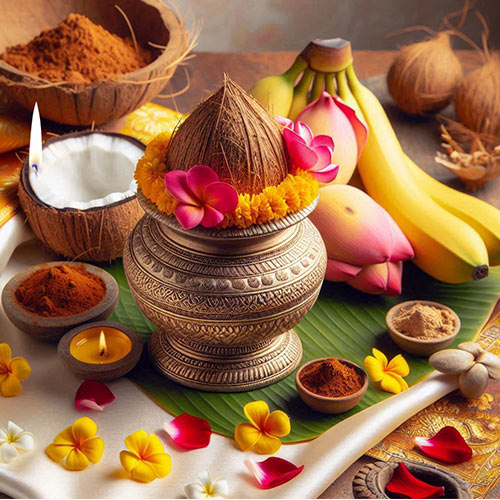
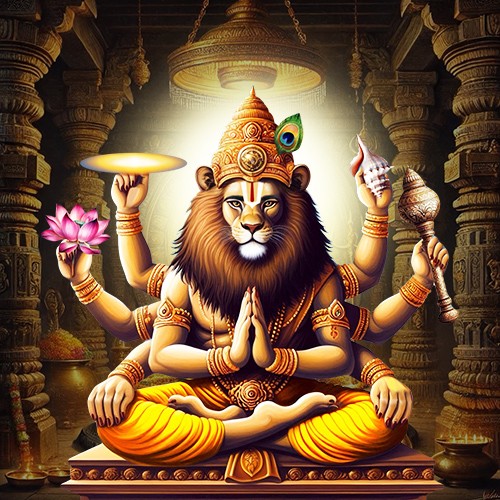
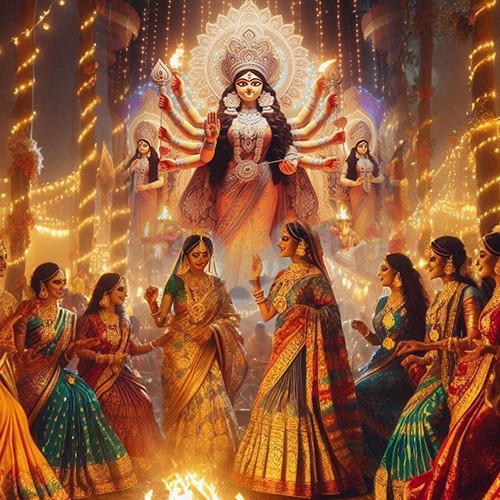
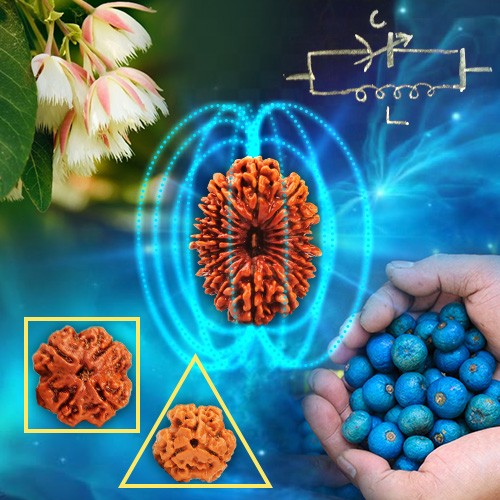

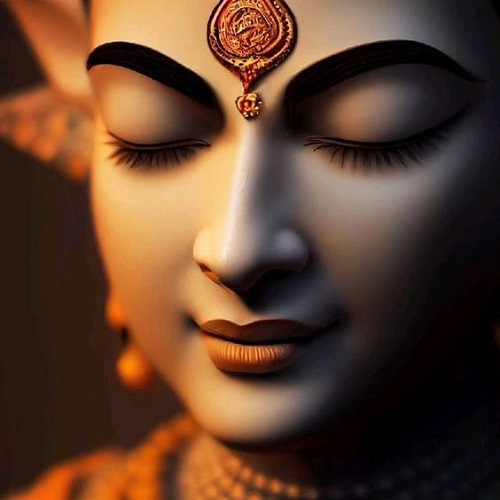
.jpg)
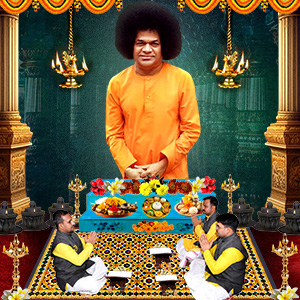
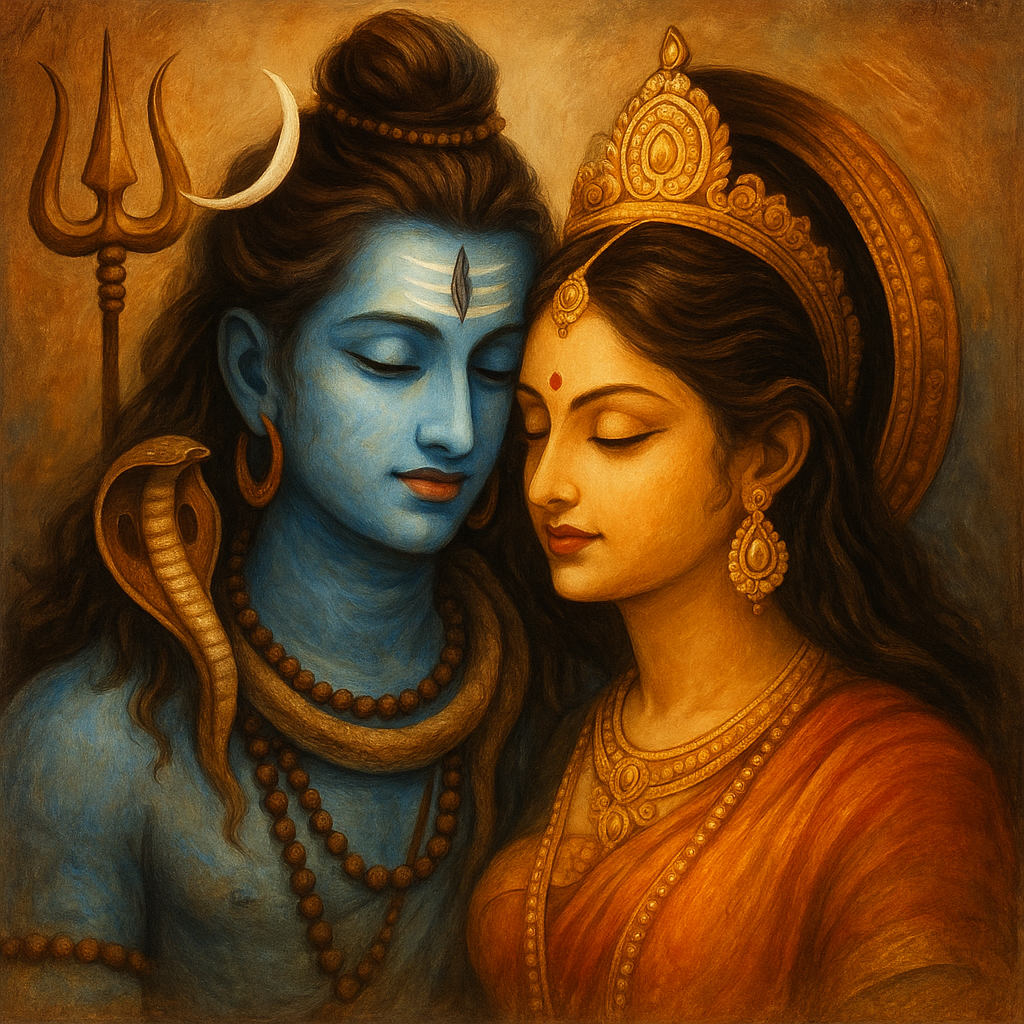
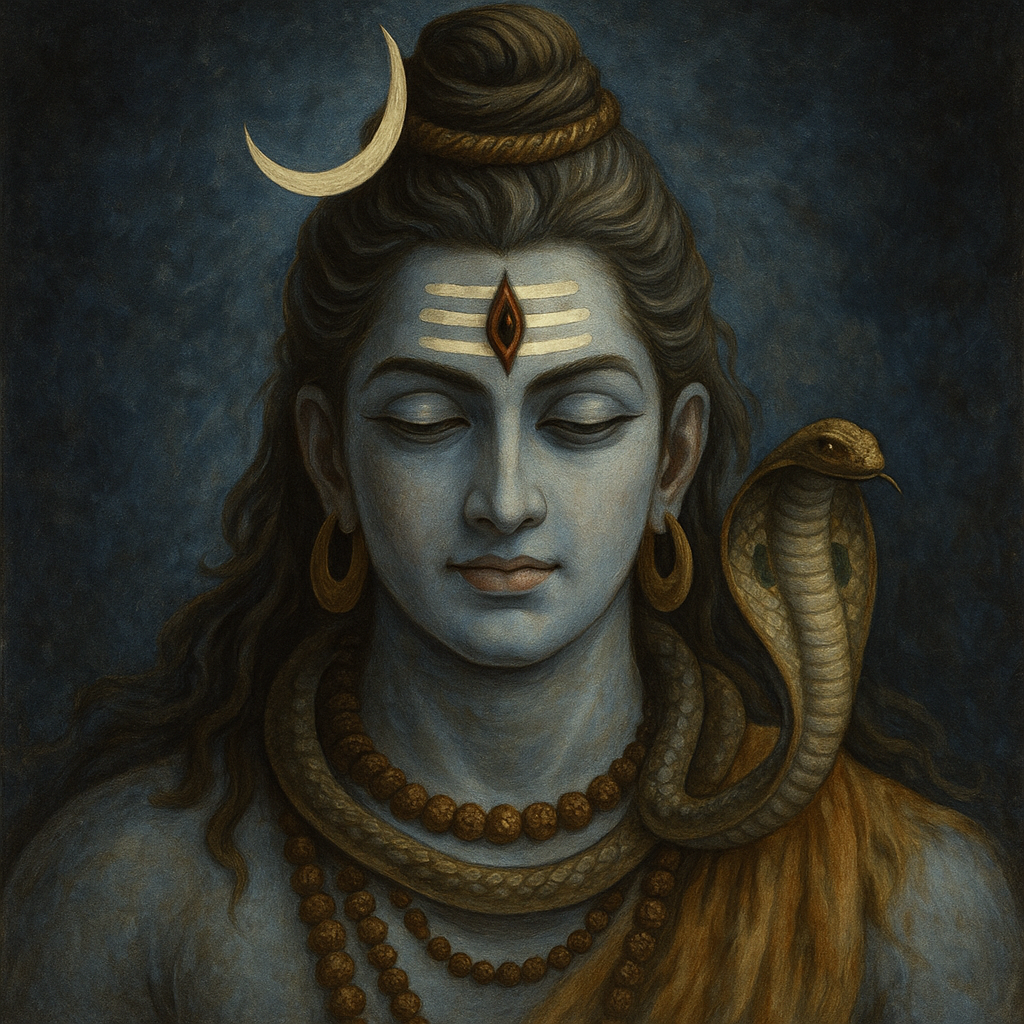
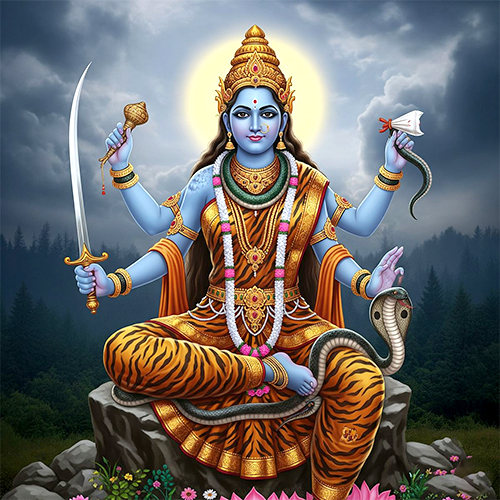
Comments 0
Leave your thought here